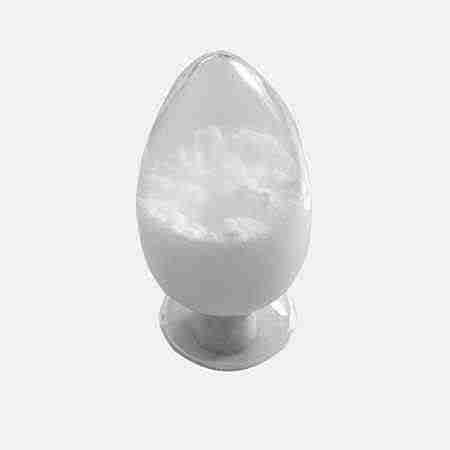Lactobionic acid Typical Properties
Item
Specifications
Results
Appearance
White or almost white crystalline powder
White crystalline powder
Identification
-By IR
Positive
Positive
-By TLC
Positive
Positive
Specific optical rotation
+23°–+29°
+26.8°
Solubility
Freely soluble in water, slightly soluble in glacial acetic acid, anhydrous ethanol and in methanol
Freely soluble in water, slightly soluble in glacial acetic acid, anhydrous ethanol and in methanol
Appearance of solution
The solution is clear & not more intensely coloured than reference solution
The solution is clear & not more intensely coloured than reference solution
PH
1.0-3.0
2.4
Calcium
500ppm Max
Less than 400ppm
Chloride
500ppm Max
Less than 200ppm
Sulfate
500ppm Max
Less than 100ppm
Silicates
200ppm Max
Less than 50ppm
Iron
100ppm Max
Less than 60ppm
Heavy metals
10ppm Max
<10ppm
Lactobionic acid Uasge
Lactobionic acid can peel off the skin, remove the aging epidermis, and make the skin look fine and smooth. This descaling effect is mainly due to the fact that lactobionic acid can reduce the adhesion between keratinocytes. However, the long-term effect of lactobionic acid on the epidermis and dermis requires low-concentration lactobionic acid for continuous maintenance and multiple skin changes before it can show up.
Because the skin’s adaptation to lactobionic acid will gradually weaken. As a result, the stratum corneum becomes regular and has the most effect on the regeneration of the epidermis. In addition, lactobionic acid can also increase the effect of topical application of drugs, such as increasing the effect of steroids on psoriasis, chronic moss dermatitis, and anti-fungal drugs against mold infections.
Lactobionic acid Packaging
1kg/bag
25kgs/drum






